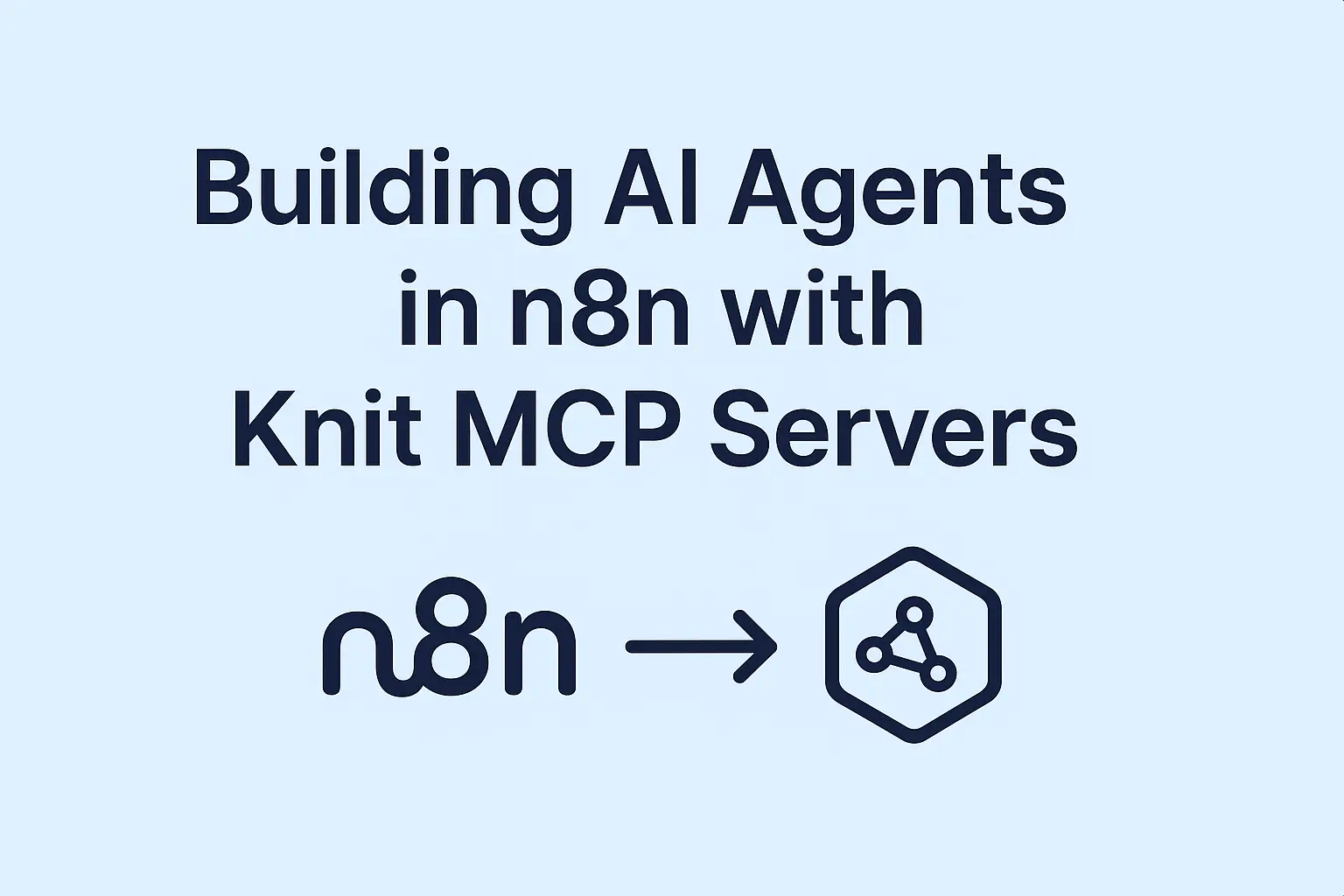Why Consider Merge.dev Alternatives?
Merge.dev is a popular unified API provider, offering simplified integrations for SaaS companies across HRIS, ATS, CRM, accounting, and more. However, businesses with specialized requirements—such as real-time sync, enhanced security, flexible authentication, or unique integration needs—are increasingly seeking alternative platforms better suited to their tech stack and scalability goals.
One standout option is Knit, a webhook-based unified API platform built for real-time data synchronization and zero data storage. Knit supports a wide range of integration categories, making it a top choice for organizations that prioritize performance and compliance
What is Merge.dev? Overview & Limitations
Key Benefits of Merge.dev:
- Unified API across multiple business domains
- Well-documented SDKs
- Standardized data models
- Enterprise-grade security protocols
Notable Limitations:
- High platform fees for high-usage applications
- Limited UI customization for authentication
- Polling-based data architecture (no real-time support)
- Data storage policies may not meet strict compliance standards
1. Knit
Overview: Knit offers a webhook-based, event-driven unified API that eliminates polling. With support for 12+ integration categories and a zero data storage model, it's built for real-time sync and top-tier security.
Key Features:
- Real-time webhooks (no polling)
- Zero data retention policy
- 12+ integration categories including communications, e-signature, and ticketing
- Custom data mapping without code
- Bi-directional sync (read/write support)
Ideal For: Security-conscious and real-time-first organizations in HRtech, Marketing and Sales Tech
Pricing: Starts at $399/month; transparent, scalable pricing
2. Finch
Overview: Finch is purpose-built for employment-related data, offering seamless integrations for HRIS, payroll, and benefits platforms.
Key Features:
- Deep support for employment systems
- Simple OAuth authentication
- Standardized employment data models
- Developer-focused documentation
Limitations:
- A Majority of integrations supported are manual (assisted) integrations with a once in a week frequency
- Limited to employment systems; not suitable for broader integration needs
- No real-time data sync (polling-based)
Ideal For: HR tech, payroll software, benefits platforms
Pricing: From $35/connection/month (read-only); custom pricing for write access
3. Apideck
Overview: Apideck focuses on delivering a unified API for HRIS and CRM Platforms
Key Features:
- Unified API across CRM, support, and more
- Pre-built UI components
- Integration marketplace
- Vault for secure authentication
Limitations:
- Real-time support is limited
- Focused on fewer integration categories compared to other platforms
- Unpredictable pricing based on API calls consumed
Ideal For: Teams balancing developer control and end-user simplicity
Pricing: Starts at $250 /month for 10K API Calls
4. Workato
Overview: Workato is an embedded iPaaS platform with a low-code, visual workflow builder that simplifies integration deployment. Workato also offers unified API on top of its workflow platform
Key Features:
- Drag-and-drop workflow creation
- Fully white-labeled UI
- Pre-built service connectors
- Support for custom logic and rules
Limitations:
- Higher setup complexity for advanced workflows
- Limited real-time sync capabilities
- Custom pricing may not be transparent for smaller teams
Ideal For: Companies needing visual tools and where things change for each deployment
Pricing: Custom pricing by number of customers/integrations
Choosing the Right Merge.dev Alternative
Consider the following when choosing your unified API platform:
- Integration Needs: Match your required integrations to platform support.
- Data Sync Method: Prefer webhook-based systems for real-time needs.
- Security & Compliance: Look for SOC 2, GDPR, and custom storage options.
- Authentication Experience: Evaluate UI flexibility for seamless onboarding.
- Technical Resources: Choose platforms that match your engineering capabilities.
- Pricing Transparency: Ensure long-term pricing predictability.
- Custom Logic Support: identify if each of your customers need custom logic or not
Tl:dr
Merge.dev remains a trusted unified API provider, but it isn’t one-size-fits-all. Knit stands out for real-time architecture and zero data storage and flexible pricing plans
Recommendation: Demo 2–3 top options to find the best fit for your use case.
Frequently Asked Questions (FAQ)
What is a unified API?
A unified API connects multiple SaaS apps via a single, consistent interface—simplifying third-party integrations for developers.
Which platform supports custom integrations?
All listed alternatives support custom integrations. Nango and Knit offer the most flexibility.
What’s the most cost-effective choice for startups?
Nango offers a free open-source option. Knit provides predictable pricing for growing teams.
How do these platforms handle security?
All providers offer SOC 2 compliance. Knit leads with zero data storage; others rely on caching or temporary storage.





.webp)




